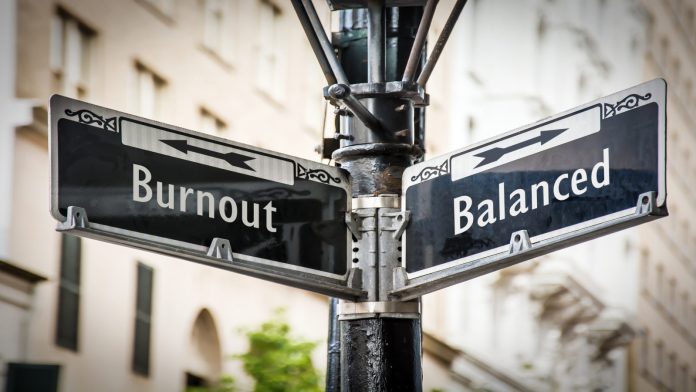More people than ever are burnt out, but the common diagnosis is wrong and fails to address the causes of displaced days that are causing Britons to become exhausted.
Claims that Britons are sleeping less, working more and becoming more rushed are debunked in a new report by Onward, the leading centre-right think tank.
In a series of focus groups, Onward has found people still felt “too busy” or “too knackered” to participate in leisure activities. Burnt Out Britain provides fresh analysis on our use of time and argues that these symptoms – tiredness, feeling overworked and feeling rushed – are real but the diagnosis is wrong.
There are two problems. For most of us we are doing more and are chopping-and-changing between activities more frequently, making us feel overwhelmed. Some groups are also having their time squeezed by work and personal commitments, like parents, part-time workers and night workers.
Helping people take back control over their time is essential if we are give people time to connect and take part in civic life.
The new report argues that rapid shifting between activities is breaking down the distinction between the different types of time – creating a greater sense of pressure, as well as reducing the quality of activities. In 1974, the average man changed activity 18 times in the day, which almost doubled to 31 times in 2014, and women have seen an equivalent increase, from 23 to 37.
The research also found that Part-time shifts last 34% longer than they used to – around an hour and a half more than in 1974. This is in contrast to men in full-time work who have seen their hours remain stable.
Senior Researcher, Jenevieve Treadwell, said:
“Social connection is what makes a community stronger. But many of us feel too burnt out, tired and under pressure to participate in civic life. These symptoms are real, but our diagnosis is wrong. It’s not as simple as overworking or getting too little sleep.
But our days have become busier and the balance between different activities has been lost making us feel overwhelmed. We need to help people take back control of their time if we are to reweave the social fabric and revitalising civic life.”







